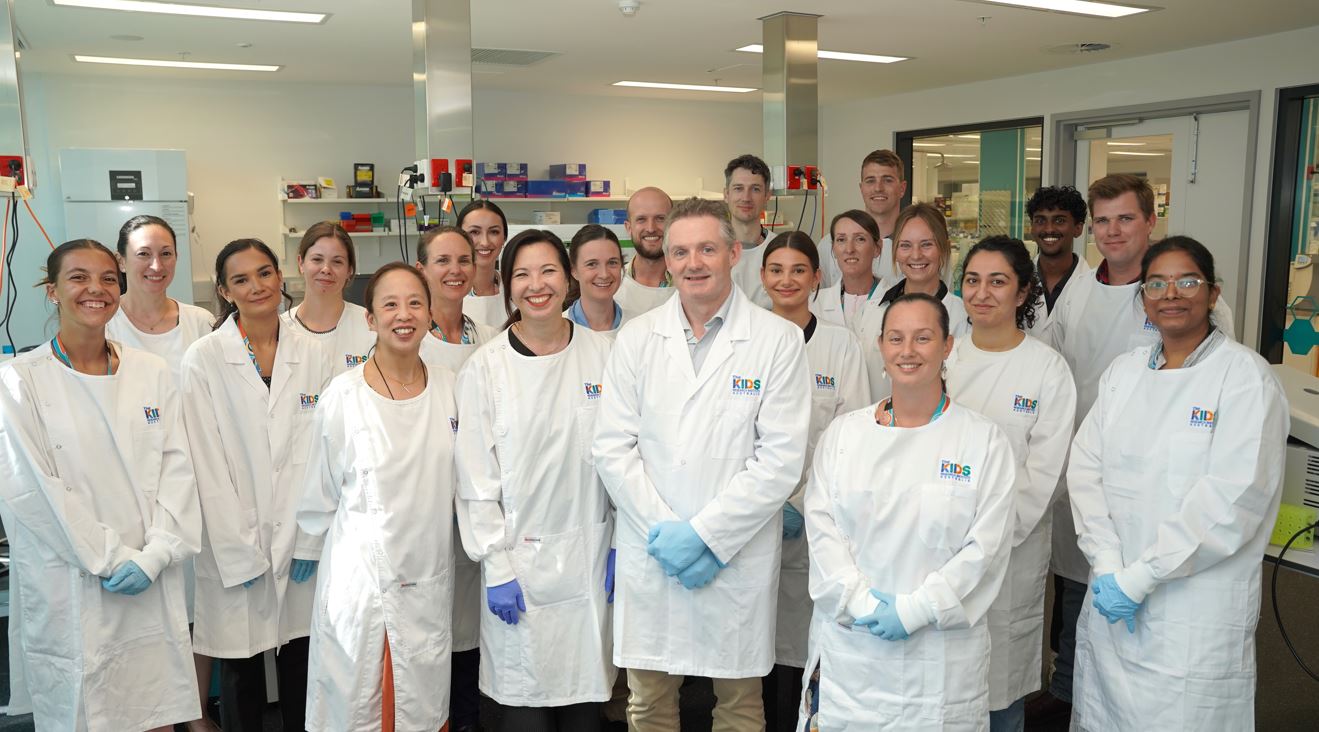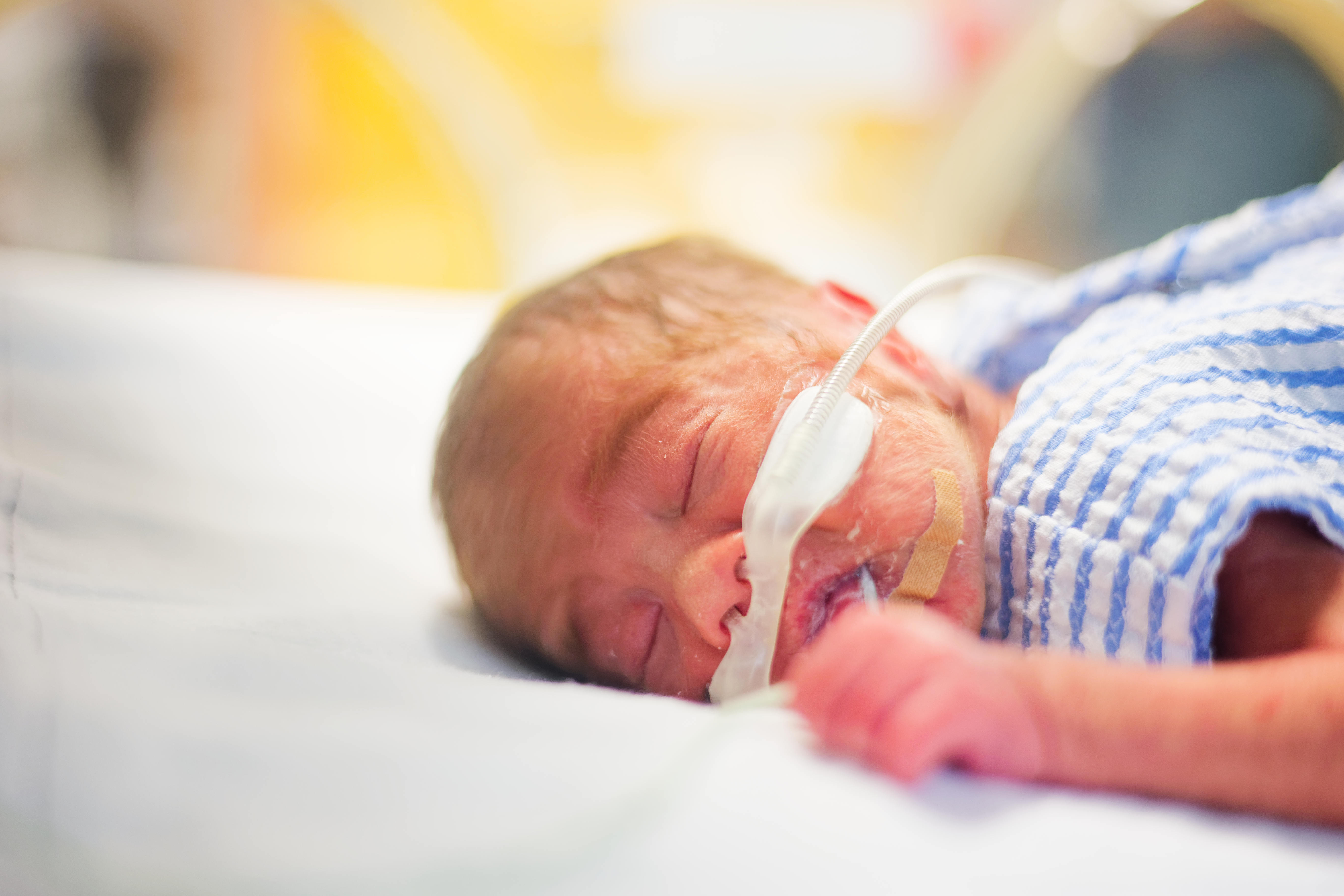Search

We strive for a future where no child will die from brain cancer because we have developed new therapies that will cure their disease.
Research
Understanding Diabetes: Early environmental determinants of pancreatic islet autoimmunity: a pregnancy to early life cohort study in children at risk of type 1 diabetesThis study is looking for the causes of type 1 diabetes, so that we can find ways to prevent it. We will follow many women around Australia during pregnancy until early childhood, looking at the child's birth, environment and genes.
Research
Epidemiology of childhood diabetes in Western AustraliaThe objectives of this study are to study the epidemiology of childhood diabetes in Western Australia from 1985 onwards.

Designed by community for community, the Strong Skin App is a go-to resource to support your skin health.

The Strep A Translation team aim to understand the epidemiology of Strep A infections in Australia and the world. Alongside this, they explore the implementation of endgame recommendations, health economics and new horizons.

Research Theme
Strong BeginningsFocuses on understanding and improving early childhood health and development to set the foundation for lifelong wellbeing. By addressing factors from pregnancy through early years, this theme aims to optimise health outcomes from the very start.
Research
Targeting the mucosal immune system in a mouse model to prevent pregnancy complications following maternal bacterial infectionThis work is the first step to develop safe treatments for pregnant mums to protect against preterm delivery and low birth weight caused by maternal infections.

The third Big Elders meeting/gathering was held on the 26th of February 2019 at Burswood on Swan.

Our vision is to increase awareness and improve outcomes for children with movement disorders and other neurodevelopmental conditions impacting on motor function.

Research
The Sibling ProjectThe Sibling Project focuses on the wellbeing, relationships and needs of children, adolescents and emerging adults who have a sibling with a developmental disability.
